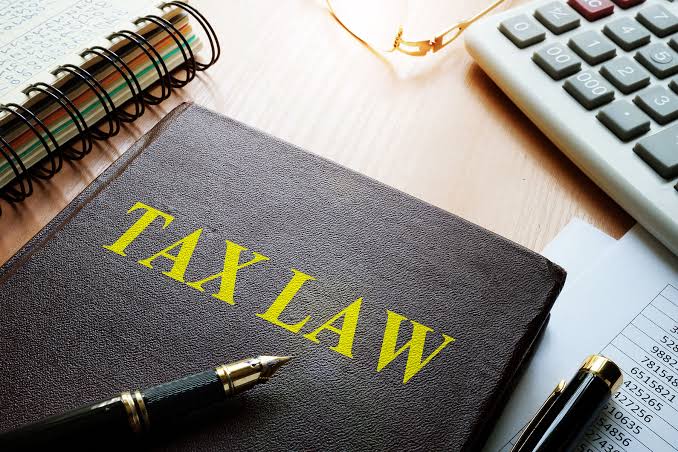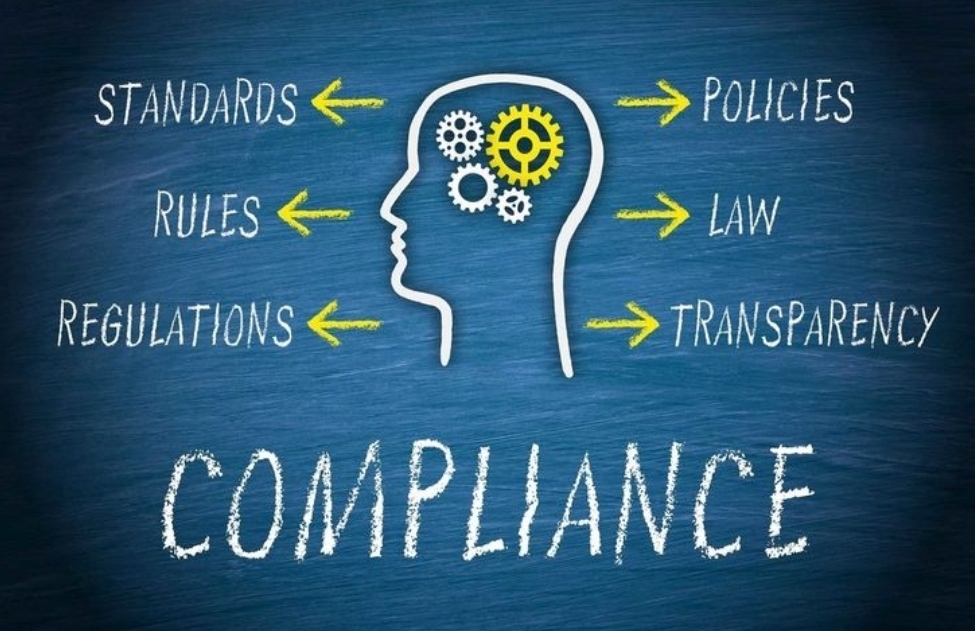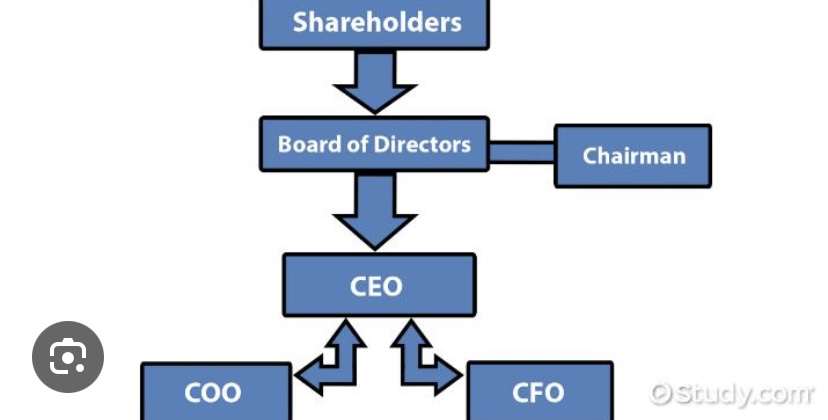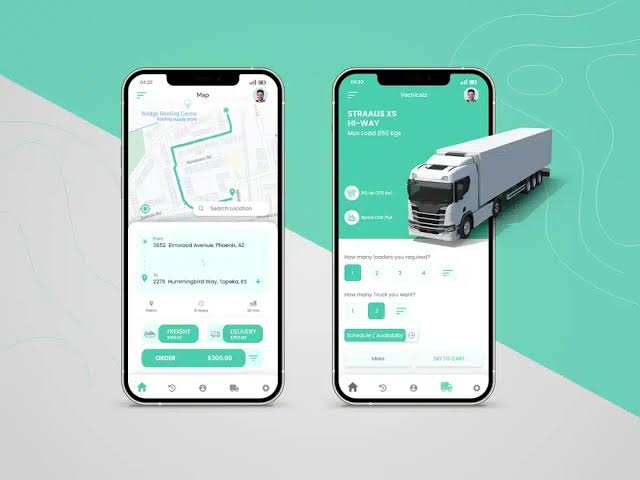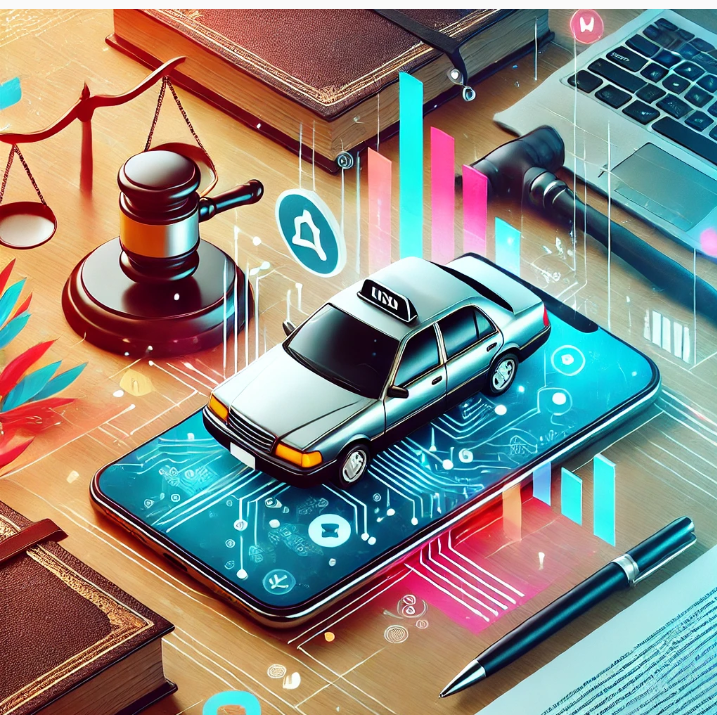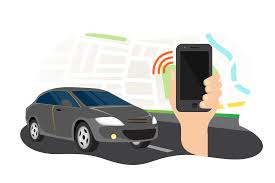
Introduction
A tech company is a company that provides technological services or products. Its creation and operations as a business entity therefore require compliance with appropriate laws and regulatory bodies for necessary approvals, permits and licenses.
This work will outline the most suitable structure for a tech company, the legal requirements and the regulations to be complied with, how intellectual property can be protected, and the potential challenges and risks associated with operating an e-hailing tech startup in Nigeria.
For the purpose of this work, and for every other purpose of business structures, please always take note that, there is no business structure without the Companies and Allied Matters Act 2020, and a company wouldn't hail well, without being registered at the Corporate And Affairs Commission.
What type of Business Structure is most suitable for an e-hailing tech start-up in Nigeria?
The most suitable and recommended business structure for a company is a limited liability company because of its benefits.
Registration Requirements for a Tech company:
The registration requirements for a tech company may depend on the technology sector of the company being registered. Thus it is important to identify the specific tech services or products the company is to provide and the chosen business structure.
And to begin, you have to first register with the Corporate Affairs Commission.
The procedures for registering with the CAC include:
1 Form CAC 1- Availability and Reservation of Name Form
2. Form CAC/LLP 01 – Application to Register a Limited Liability
Partnership filled online;
3. Partnership Agreement;
4. Valid means of identification must be submitted for every individual partner uploaded online;
5. Qualifying certificate uploaded online;
6. Electronic signature uploaded online; and
7. Evidence of payment of filing fee made online.
Another authority is the Tax authorities
Businesses have tax obligations to fulfill to the Nigerian Government and so it is a major requirement that all businesses and companies register with tax collection authorities such as the Federal Inland Revenue Service (FIRS) and State Inland Revenue Service (IRS) for their Companies Income Tax and Value Added Tax (VAT) remittances. A tech company therefore must register and obtain a unique Tax Identification Number (TIN) for the filing of tax returns. Failure to register with the tax collection authorities, and to remit applicable taxes as and when due attracts penalties for the non-compliance.
Another Authority is the NATIONAL INFORMATION TECHNOLOGY DEVELOPMENT AGENCY (NITDA)
All tech companies in Nigeria are required to be registered with NITDA. NITDA is the regulatory body empowered by the National Information Technology Development Agency (NITDA) Act, 2007 to regulate and promote the use and development of Information Technology (IT) in all spheres of Nigeria through the development of IT framework, standards, guidelines, regulations, and policies. NITDA caters for electronic governance and monitoring of the use of electronic data exchange.
We Also have the National Office for Technology Acquisition and Promotion Commission established by the NOTAP ACT.
Tech companies engaged with foreign investors for the transfer of foreign technology into Nigeria or use of intellectual property rights or provision of managerial/supervisory assistance, etc are required to register their engagement agreements with NOTAP. NOTAP is empowered by the NOTAP Act, LFN 2004 to regulate the transfer of foreign technology to Nigeria which includes the registration of all technology transfer agreements and contracts in any sector of Nigeria economy.
How can the start-up protect its intellectual property?
The intellectual property such as the mobile app and business model, can be protected by securing patents, copyrights and trademarks.
It can also, draw up confidentiality, Non-disclosure, and Licensing contracts, while ensuring that all are well stated in the partnership agreement.
What are the potential challenges and risks associated with operating an e-hailing tech start up in Nigeria?
One of the major challenges is poor and unstable internet connectivity in Nigerian cities . The work of the app is to connect drivers and drivers together. The internet is frequently insufficient to support the heavy graphic mapping applications used by e-hailing service providers. The work of the app is to connect drivers and people together. The internet is frequently insufficient to support the heavy graphic mapping applications used by e-hailing service providers. Hence, services are not satisfactorily rendered.
Another challenge is Unhealthy Rivalry among competitors:
There are different ride-hailing technology start-ups in Nigeria, however, in Nigeria, the e-hailing industry is up against the long-established National Union of Road Transport Workers (NURTW) which sees itself as having exclusive rights to every passenger on the road. There have been reported cases of e-hailing drivers being prevented from picking up their passengers by NURTW officials at bus stops.
More so, There is an economic factor too which would affect affordability; As the Fuel price continues to increase, and the scarcity also doesn't end, it begs the question, Who would book the ride?
Riders would have to see their profit at the end of each day, but with the prices of fuel not being affordable, there would be an increase in the prices, which would reduce the number of people that would decide the book a ride.
Although It is a tech start-up in which drivers have their faces and pictures on the apps, the safety of passengers isn't guaranteed; This is because of the incursion of many drivers into the system and the inability of the e-hailing companies to properly scrutinize them, many unwholesome experiences begin to make it to the Tabloids, such as, sexual molestations, Kidnappings, etc. Furthermore, safety for both Drivers and Riders are not fully resolved. Many of the operators are regularly killed, and their vehicle stolen.
The Necessary Licenses and Permits required to operate an e-hailing service in Nigeria
Obtain licenses according to the Guidelines for Online Hailing Business Operation of Taxi in Lagos State of 2020.
Service Entity Permit: For app owners or platform providers.
Operator’s Provisional License: For those who own and operate both the vehicles and the app.
Driver and Vehicle Documentation:
Drivers:
- Must have a valid driver’s license.
- Must have a Lagos State Residents Registration Agency (LASRRA) card.
- Must possess a Lagos State Drivers’ Institute (LASDRI) certificate and card.
Vehicles:
- Must have a title or manufacturer’s certificate of origin.
- Must have a bill of vehicle sale or vehicle lease agreement.
- Must have a taxicab license (hard card), special plate number, proof of ownership, pre-registration inspection certificate, roadworthiness certificate, comprehensive insurance policy, vehicle license, hackney permit, approved route document (body tag), and driver’s badge.
Data Sharing and Compliance:
- Share data with the Lagos State Government.
- Comply with API integration for security and safety monitoring.
Procedure
- Obtain Service Entity Permit:
- Apply for the permit before starting operations.
- Pay the relevant fee.
- Attend quarterly meetings with the Ministry of Transportation for updates.
- Allow Ministry access to the company’s database.
- Operate under a franchise, as no single operator will be licensed.
Obtain Operator’s Provisional License:
- Apply before starting operations.
- Pay the relevant fee.
- Follow the same renewal process as the Service Entity Permit.
Conclusion: To start up a ride-hailing agency in Nigeria, the most suitable business structure is a Limited Liability Partnership, and it must be duly registered with the Corporate Affairs Commisson and other regulatory bodies. To protect its intellectual property, Copyright and Trademark is very important. Even though there are potential challenges, every business structure has its risks too, and it shouldn't deter anyone from creating their own business. I hope you enjoy the piece I have written.




